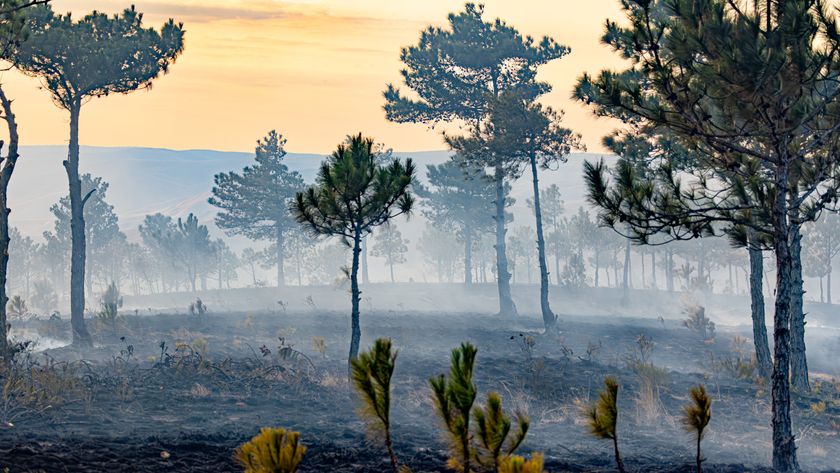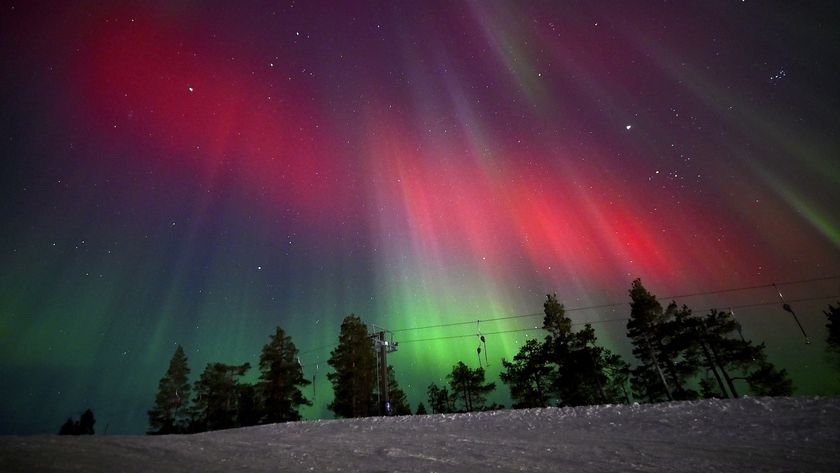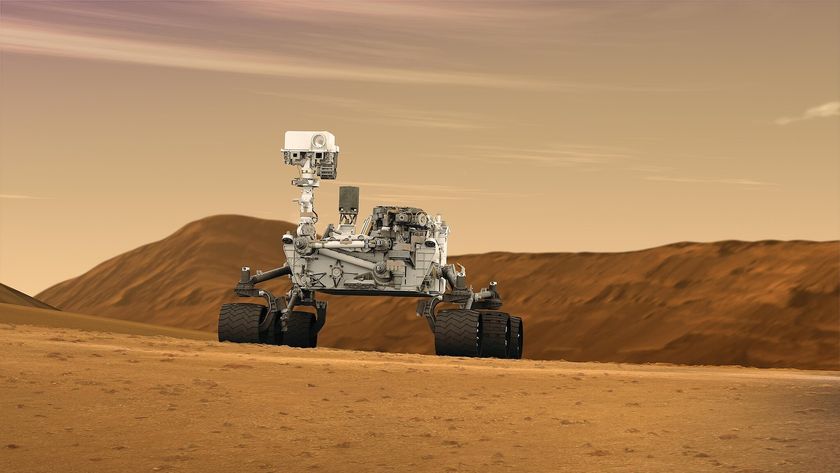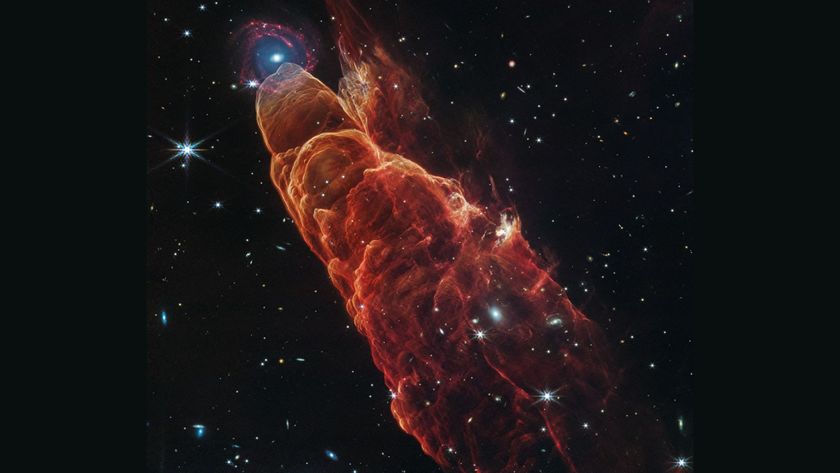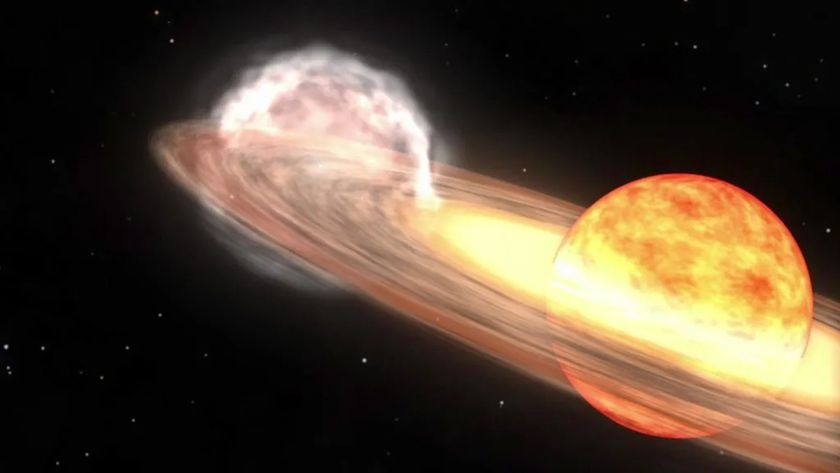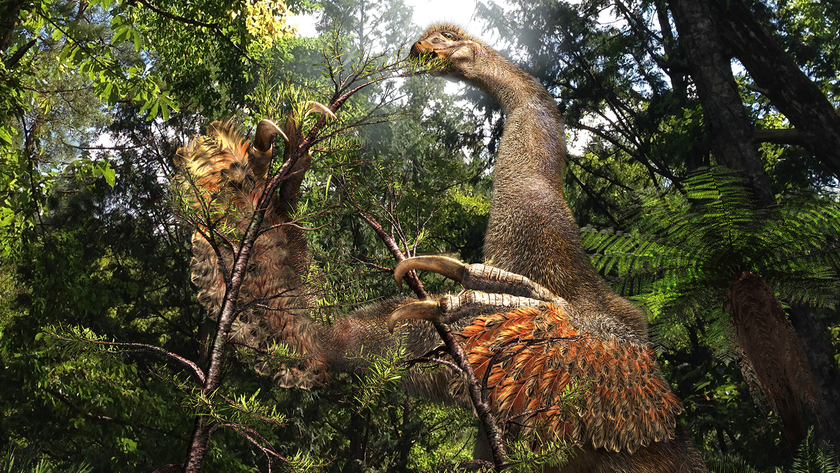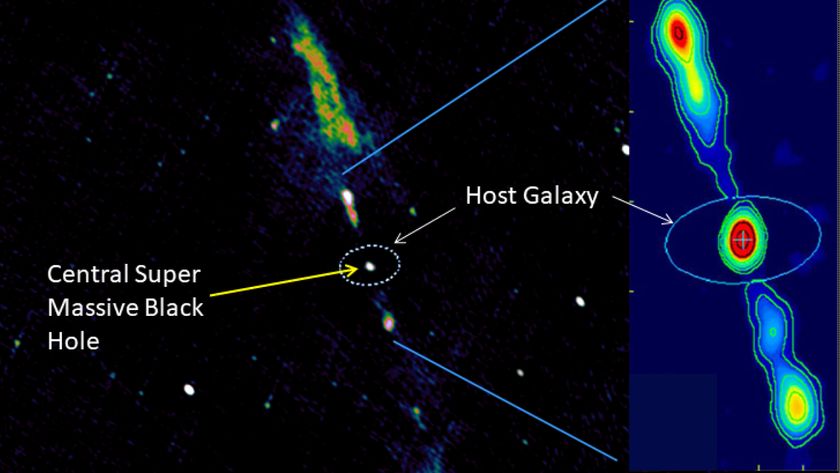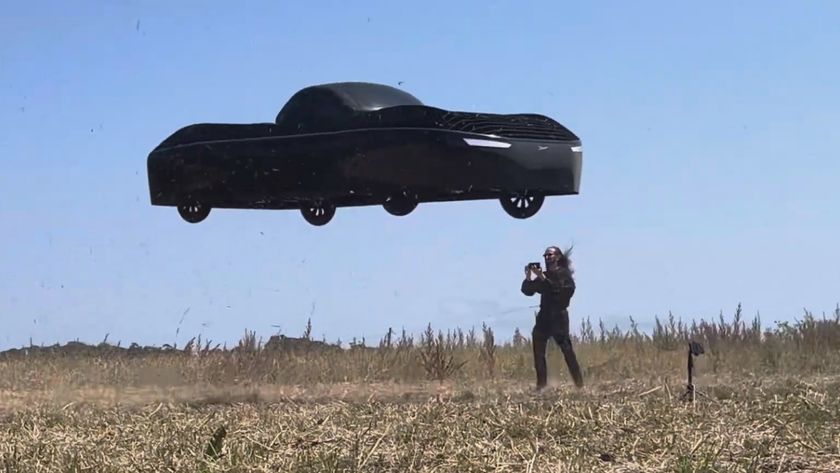An Inside Perspective on the Life of a Science Historian
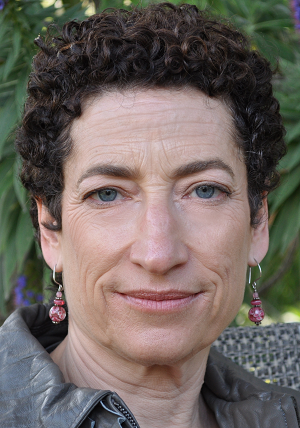
This ScienceLives article was provided to LiveScience in partnership with the National Science Foundation.
Naomi Oreskes is a professor of history and science studies at the University of California, San Diego. Her research focuses on the historical development of scientific knowledge, methods and practices in the earth and environmental sciences. She seeks to enhance understanding of scientific consensus and dissent.
Oreskes has written extensively on the earth sciences and women in science. Her most recent work deals with the science of climate change. Her 2004 essay "The Scientific Consensus on Climate Change" (Science 306: 1686), led to op-ed pieces in the Washington Post, the San Francisco Chronicle and the Los Angeles Times, and has been widely cited in the mass media, including National Public Radio (Fresh Air), The New Yorker, USA Today, Parade, as well as in the Royal Society's publication, "A Guide to Facts and Fictions About Climate Change," and, most recently, in Al Gore's movie, "An Inconvenient Truth."
Oreskes has held grants from the National Science Foundation, the National Endowment for the Humanities and the American Philosophical Society. She is listed in Who's Who in America and Who's Who in Science and Engineering. Oreskes was interviewed at the annual meeting of the AAAS held in Washington, D.C. in February 2011, after she participated in a session entitled, "Communicating Diversity in Science: Implications for Climate Change Denial." Check out the video where she answers the 10 ScienceLives questions.
Name: Naomi Oreskes Institution: University of California, San Diego Field of Study: History of Science
Editor's Note: This research was supported by the National Science Foundation (NSF), the federal agency charged with funding basic research and education across all fields of science and engineering. Any opinions, findings, and conclusions or recommendations expressed in this material are those of the author and do not necessarily reflect the views of the National Science Foundation. See the ScienceLives archive.
Sign up for the Live Science daily newsletter now
Get the world’s most fascinating discoveries delivered straight to your inbox.


